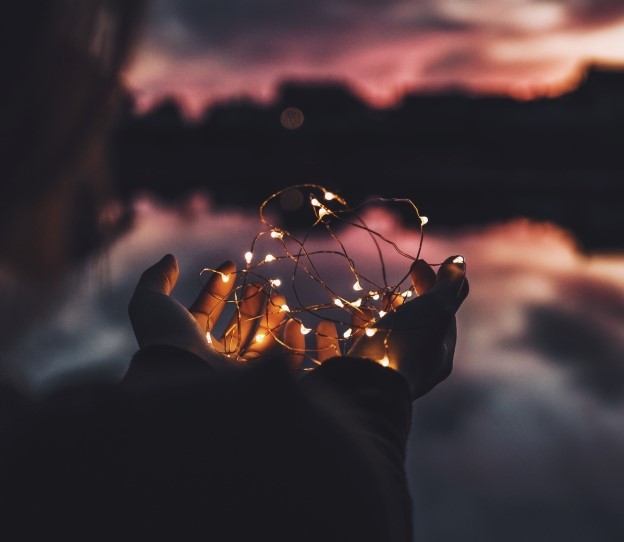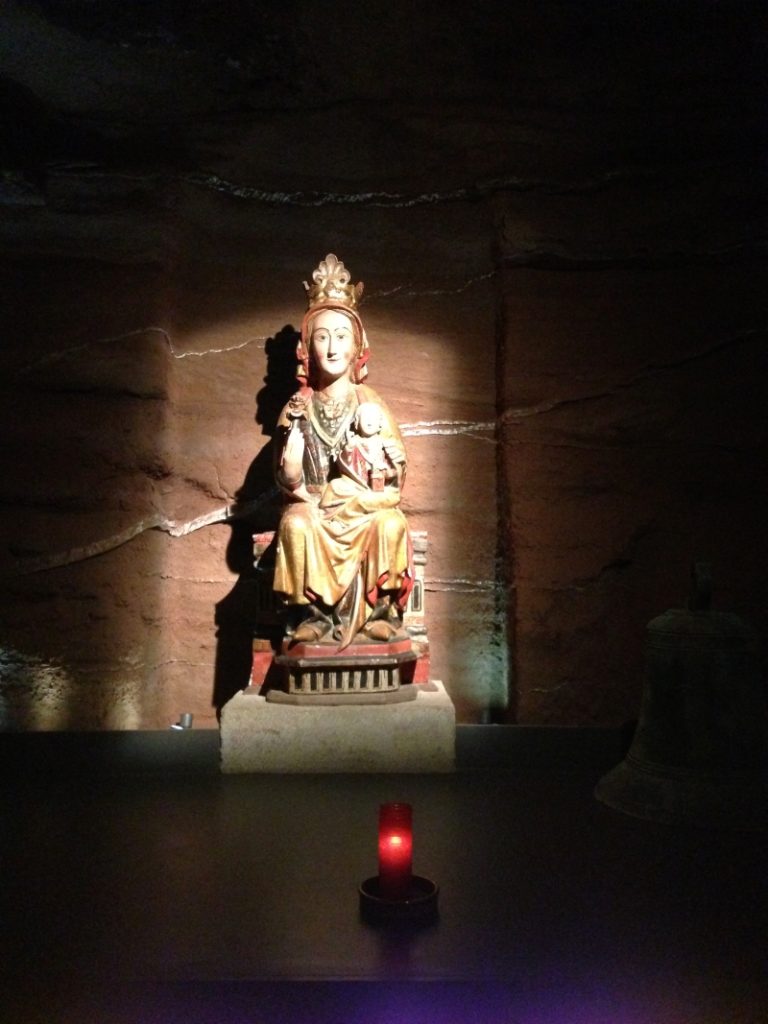Like many of us in the aftermath of George Floyd’s murder, I’m having conversations about American racism. This morning, in a group of White women, several said they were taught by their families not to be racist. I didn’t have that advantage. Not only was I raised in a family with overt white supremacist attitudes and beliefs, I grew up and currently live in a racist society. I am racist, whether I want to be or not. I don’t want to be racist, so I’m examining my internalized racism because I want to become more and more anti-racist.
Most of you are further along this journey than I am. I feel very uncomfortable talking about racism. Writing this post, telling you that my parents and grandparents had white supremacist beliefs, is extremely uncomfortable. So what? That’s as it should be. This is uncomfortable work. Because guilt, shame, and all the other self-flagellating feelings don’t help me or anyone else, I’ll leave it at this: I want to root out, as much as possible, my own racist attitudes and beliefs. And I want to work for the dismantling of systemic racism in America.
In listening to Black, Indigenous, People of Color (BIPOC) speakers, reading books and articles by BIPOC writers, and in talking with other White people, I’ve found these two resources especially helpful. I humbly offer them to you. More to follow as I continue my self-education.
In this episode of Unf*ck Your Brain, Kara Loewentheil discusses why we’re all racists if we grew up in a racist society, why we need to understand that our thoughts don’t make us good or bad, how perfectionism can derail our efforts to become more anti-racist, and how discomfort doesn’t mean we’re doing this wrong. And so much more. This podcast gave me the courage to admit my own racism.
And, following Ijeoma Oluo’s suggestion in So You Want to Talk about Race, I’m inventorying my privilege. Here are a few items from my list.
- I’m white.
- I’m heterosexual.
- I’m cisgendered.
- I grew up in a middle class family.
- I usually felt safe from physical harm.
- My parents were married for the first twelve years of my life.
- I’ve never been worried about having enough food or a place to live.
- I had an excellent public education.
- I graduated from high school.
- My teachers almost always looked like me.
- My parents expected good grades from me.
- My parents assumed I would go to college.
- My parents paid for most of my undergraduate degree.
- My family traveled.
- My mom read aloud to her kids.
- My mom was involved in school and girl scouts.
- I had grandparents who cared about me.
- I had plenty of friends who cared about me.
- I am neurotypical.
- I am able-bodied.
- I do not have a debilitating or chronic illness.
The list goes on. This is only the start. I’m confident there’s more that I don’t even see yet, because that’s how privilege works.
Of course, the biggest privilege I have is my choice about whether to do this work or not. I choose to do this work. Most of you are further along this journey than I am. Tell me what’s helped you. Show me what I’m missing. I know I’ve only just begun.


